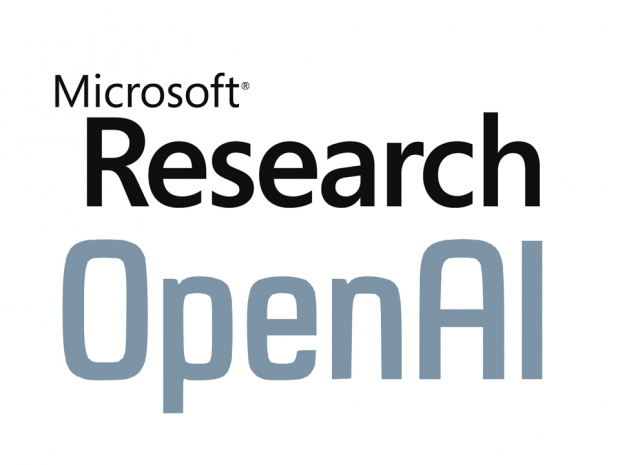OpenAI is a non-profit that was formed last December by Elon Musk, Y-combinator president Sam Altman, Greg Brockman and Ilya Sutskever with the simple goal of stopping the creation of a single centralized artificial intelligence and the “occasional bad actor”.
But more than this, the idea is to gather online research data from different AI companies and various engineering talents and bring them into a collective location where everyone can have open access at any time.
Some suggest this is a counterintuitive way for companies and entrepreneurs to compete with one other by giving away their algorithms at the risk of accelerating the advancement of AI as a whole. But now in an effort to lend a helping hand, Microsoft wants to capitalize on the action itself by having OpenAI’s cutting-edge research take place on its own Azure cloud platform.
Microsoft targeting $20 billion in cloud revenue by 2018
There is a mutual benefit to be had between Microsoft and OpenAI. On one hand, the Redmond-based software giant profits from having more paying customers on its Azure cloud service, while OpenAI’s non-profit nature allows it to collaborate with other groups and use the company’s cloud as an online location to promote its research goals.
According to Microsoft CEO Satya Nadella, the company has already taken $10 billion in annual cloud revenue and is well on its way to targeting $20 billion by 2018. Though Microsoft Research is already a large contributor of open-source AI research, the company’s partnership with OpenAI is another to attract some of the brightest AI research onto its cloud platform while showing its effectiveness for solving real-world problems.
In the larger scheme of near-term AI research, Microsoft hopes to compete directly with Facebook and Google and truly democratize artificial intelligence for all people and institutions, while continuing to work on its Cortana digital assistant for Windows devices, Bing search, Ambient Computing and Robotics teams. A few weeks ago, it launched a AI and Research Group with 5,000 dedicated computer scientists and engineers led by Harry Shum, a 20-year Microsoft veteran previously involved with company research and Bing engineering.
“Microsoft is the large tech company most aligned with us in terms of the goal of democratization to AI technology. This is our most important goal,” said OpenAI co-chair Sam Altman in a recorded interview with Microsoft AI Research Group president Harry Shum. “We are going to create a very important technology. That should belong to everyone in the world. We don’t want to see that concentrated in a single government, certainly not in a single company.”
Artificial Intelligence, Deep Learning still have a way to go
Artificial intelligence research has come a long way since the 1943 formal design for Turing-complete artificial neurons, and by the turn of the century AI began to be used in logistics, data mining, in medical evaluations and of course playing chess. Today using reinforcement learning, AI from DeepMind, Osaro and others have now learned how to play classic Atari games “right out of the box”. Some claim it is this trial-and-error skillset, similar to what young children use, that will one day allow machines to make sense of the physical world and interact more naturally with humans.
The advancement of deep learning in the past several years has also enhanced machine ability to recognize and understand perceptual tasks. If enough pictures are sent through a neural network, for instance, a machine will eventually learn to take actions based on what it has perceived. Other applications being used by neural networks include financial trading, warehouse automation and self-driving cars.
As Wired notes in its editorial column, “the forces that drove the creation of [OpenAI] show that the new breed of AI will not only remake technology, but remake the way we build technology”.




